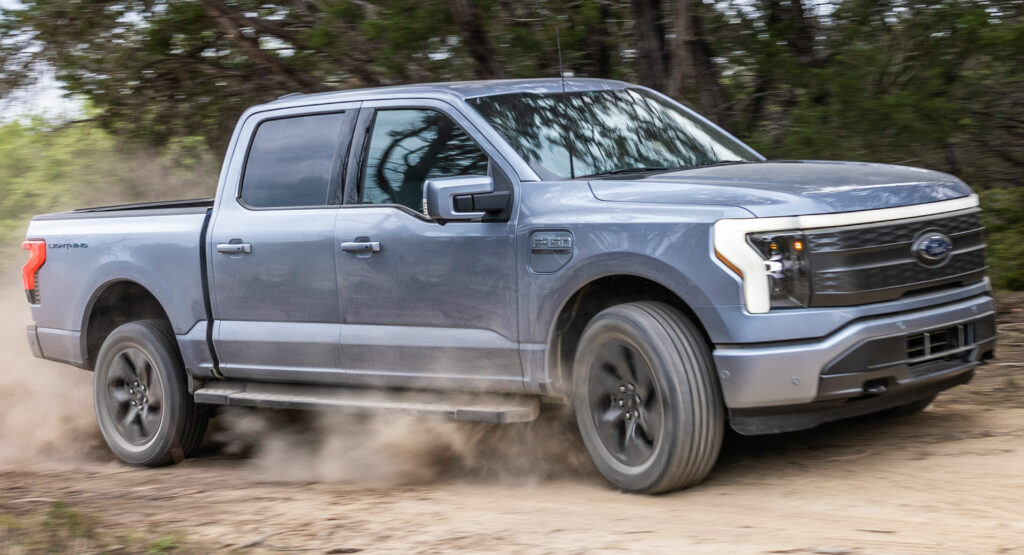The U.S. Department of Energy has released a full list of all the 2022 and early 2023 model year vehicles that may be eligible for tax credits after the Inflation Reduction Act of 2022 was signed by President Joe Biden.
Controversial changes made to the tax credit mean EVs and hybrids must now be made in North America to be eligible. A price cap of $80,000 has also been introduced and the income of a single buyer cannot exceed $150,000, and $300,000 for couples. Furthermore, the batteries of vehicles will need to have at least 40 per cent of their materials sourced from the U.S. or from a U.S. trading partner to be eligible.
The new bill will end credits for approximately 70 per cent of the 72 vehicles that were previously eligible, Reuters reports.
Read Also: New $7,500 EV Tax Credit Passes Senate, Requires Carmakers To End Reliance On Chinese Batteries
A list released by the U.S. Department of Energy details which hybrid and EV vehicles are assembled in North America. Curiously, it doesn’t state if all of these vehicles are eligible for the $7,500 federal tax credit as some exceed the $80,000 threshold.
Nevertheless, vehicles listed include hybrid or electric versions of the Audi Q5, BMW 3-Series, BMW X5, Chrysler Pacifica, Ford Escape, Ford F-150, Ford Mustang Mach-E, Ford Transit Van, Jeep Grand Cherokee, Jeep Wrangler, Lincoln Aviator PHEV, Lincoln Corsair Plug-In, Lucid Air, Nissan Leaf, Rivian EDV, Rivian R1S, Rivian R1T, Volvo S60, Mercedes-Benz EQS, and the Nissan Leaf.
Not all of these vehicles will be eligible, even though they are manufactured in North America. For example, the Lucid Air, Rivian R1S, Rivian R1T, and Mercedes-Benz EQS all exceed the $80,000 threshold.
Biden’s revamped EV tax credit bill has been the subject of criticism from some parties. Earlier this month, European Commission spokesperson Miriam Garcia Ferrer suggested that the changes may flout World Trade Organization (WTO) rules by discriminating against foreign producers.









